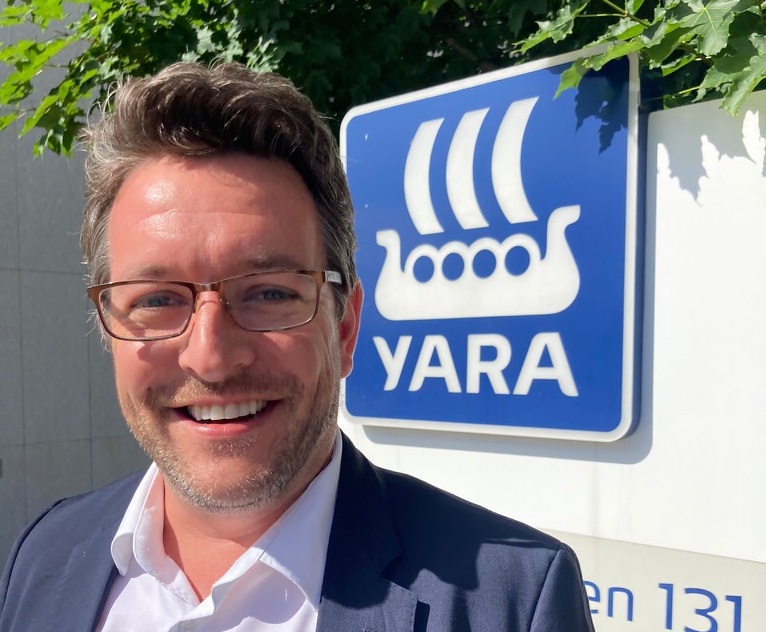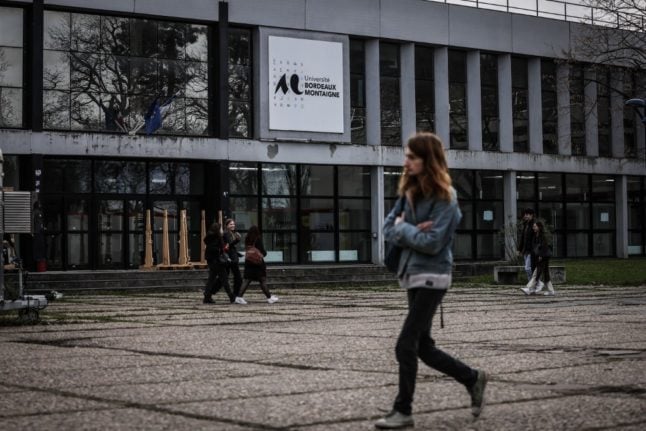If you’re living or working abroad, or planning to, there are many challenges to overcome. Yet some of the most challenging times can arrive in your professional life, especially if you are looking to progress to the next level where you need not only the relevant business and leadership skills but also the confidence to succeed.
Watching the colleagues and mentors you admire, you might notice in them unshakable confidence and the sense that they are flourishing in their roles – and can adapt quickly to new opportunities.
But could your chance of emulating them depend firstly on your willingness to play a role in simulations of common business scenarios?
Research shows that these role-play activities, in the form of case studies and classroom exercises, can be of significant value for those making the next step to management roles.
Gaps in your business knowledge?
Reaching a personal and professional crossroads prompted Christen Smith and Scott Perry, both graduates of the EDHEC Global MBA, to consider their next move.
Despite a decade of success in the insurance sector, Christen, from the US, found she was gradually taking on roles and responsibilities she didn’t feel fully equipped for.
“I was at a point where I realised some of the knowledge gaps I had. Suddenly, I was asked to do a lot of profit modelling and forecasting using unfamiliar analytical models, and I’d never had a formal business education.
“I took on a lot of self-learning, but it was only enough to get by. Some of the knowledge I needed, I needed from experts and experienced colleagues. If I wanted to progress and be a truly effective leader, I needed that formal education.”
Scott, from England, began his career in the software industry but eventually had a similar moment of realisation.
“As I was working on larger projects, I began pondering what came next. Did I want to stay where I was, or move elsewhere? How would I boost my profile to be visible for those opportunities?
“I love software and I knew my field, but I questioned whether I had the knowledge base to handle leading larger teams. That was the trigger for me to do an MBA.”

The play’s the thing
Scott and Christen had different paths leading them to the Global MBA. A ten-month, full-time programme in English, it’s taught at EDHEC‘s modern campus in Nice overlooking the Mediterranean.
However, both agree it was their experiences role-playing real-life business case studies that expanded their horizons and grew their confidence as leaders.
Christen elaborates: “A really powerful aspect of the course was the case studies we role-played. There was one about the internationalisation of an organisation and another about mergers and acquisitions.
“It was incredibly valuable because we weren’t just reading through them but acting them out, actively negotiating, fully experiencing the scenario and identifying how we would react.
“I was also gaining the skills and methodology to analyse that I needed in my more senior roles, from those with years of understanding.”
Scott continues: “Working through a range of case studies with my classmates helped me to practice the leadership skills required to lead departments, and prepared me for the kinds of situations that I deal with every day.
“I could also put into practice ideas around digital innovation that I had developed during my classes.”

The confidence to ‘add real value’
So how has the EDHEC Global MBA delivered the confidence for Christen and Scott to excel?
After moving from the US, Christen now works for fleet insurance provider Flock in London – a major change of role as well as location.
“I’m now Chief Revenue Officer, a role the Global MBA gave me the confidence to take on. At EDHEC, I gained a grounding in financial analysis that I required, which I now use daily.
“I also improved my presentation and management skills, and I can lead larger teams more effectively. What allowed me to do this was working through scenarios that I’d be likely to encounter with a more senior role.”
Scott, now based in Berlin, is the Director of Customer Relations at Yara, an agri-business giant using digitalisation to solve issues of global hunger.
“What was truly transformational was the confidence the Global MBA gave me. In my role at Yara, Thanks to the case studies that we explored, I learned to speak with greater confidence and authority in many different environments, as I had encountered them before. I feel I’m able to add real value to our customers. It’s a great feeling.”



 Please whitelist us to continue reading.
Please whitelist us to continue reading.
Member comments